Men Can’t Be Feminists
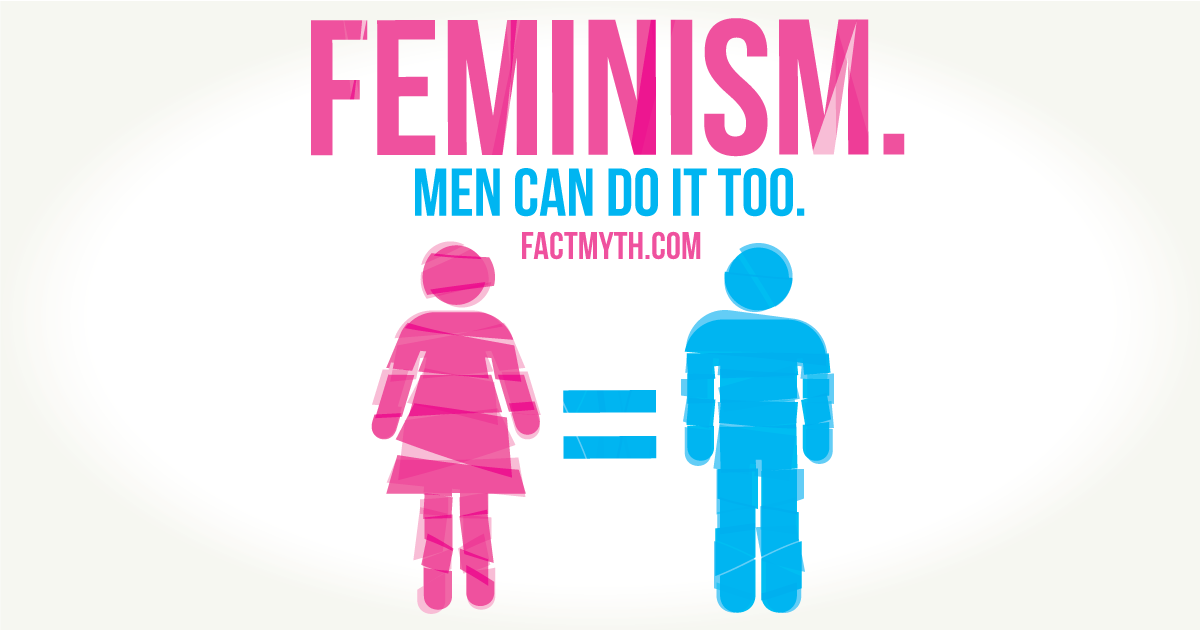
It’s a myth that men can’t be feminists. Anyone including men can be a feminist, because feminism is simply a belief in the equality of sexes.
Philosophical theories are theories that are philosophical, rather than purely scientific by nature. Meanwhile, philosophical concepts can be loosely describes as ideas or “concepts” that are philosophical in nature.
Generally, a concept is a single idea, a theory is an explanation of how something works, and philosophy is simply the study of that which we can’t know for sure (see the branches of philosophy.).
So then, for our purposes, philosophical theories and concepts is simply a broad category that contains all non-scientific theories worth discussing.
TIP: For a great explainer on the basics of Philosophy see Tamar Gendler: An Introduction to the Philosophy of Politics and Economics by Big Think.
NOTE: Some scientific theories that spark metaphysical philosophical questions are categorized here (as well as under their respective scientific fields). Learn more about scientific theories.

It’s a myth that men can’t be feminists. Anyone including men can be a feminist, because feminism is simply a belief in the equality of sexes.
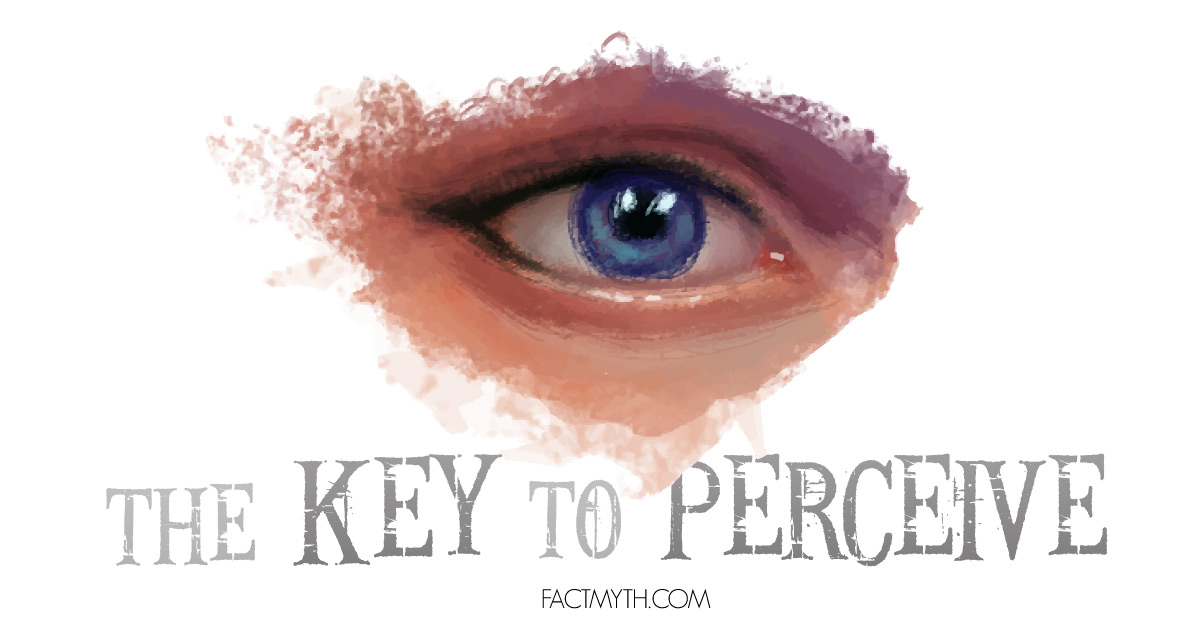
The amount of social, economic, or other value we perceive a person, place, or thing to have affects our perception of it (often more than actual value).

Our thoughts can shape our inner reality and outward perceptions of things (neuroplasticity), but to affect or create a reality outside ourselves, we must interact with the world and communicate our thoughts.

If you build it, you increase the odds of them coming. In other words, if you put thought and energy into a project you increase the likelihood of success.
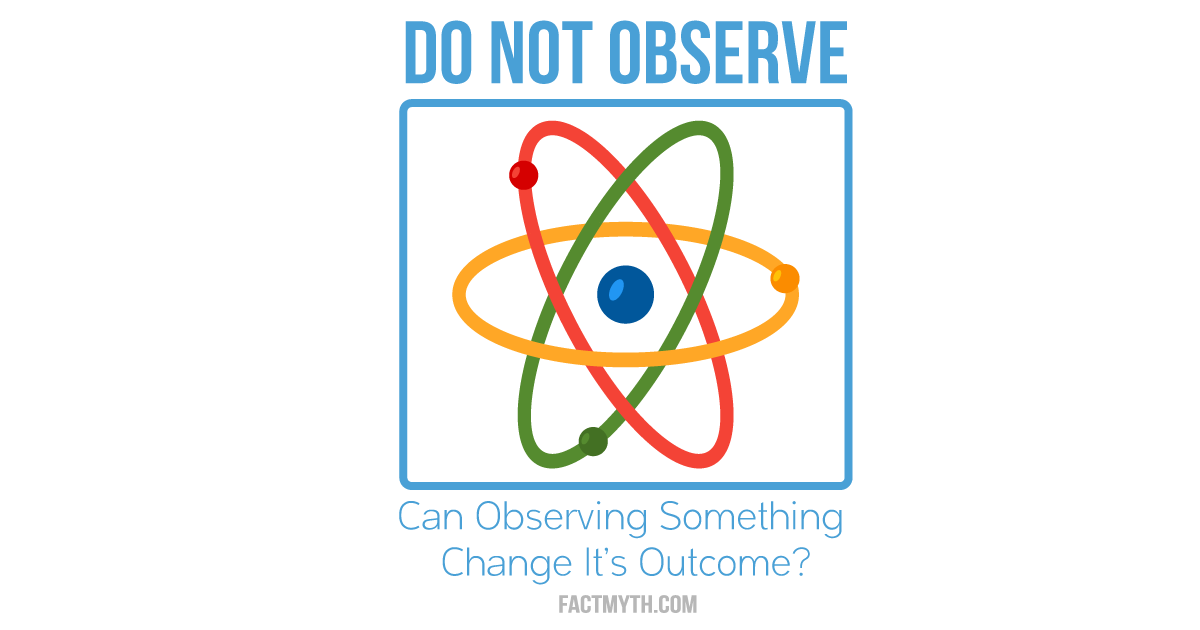
Observing a phenomenon can affect its outcome (observer effect). In science, this refers to particles existing in a state of probability until measured.
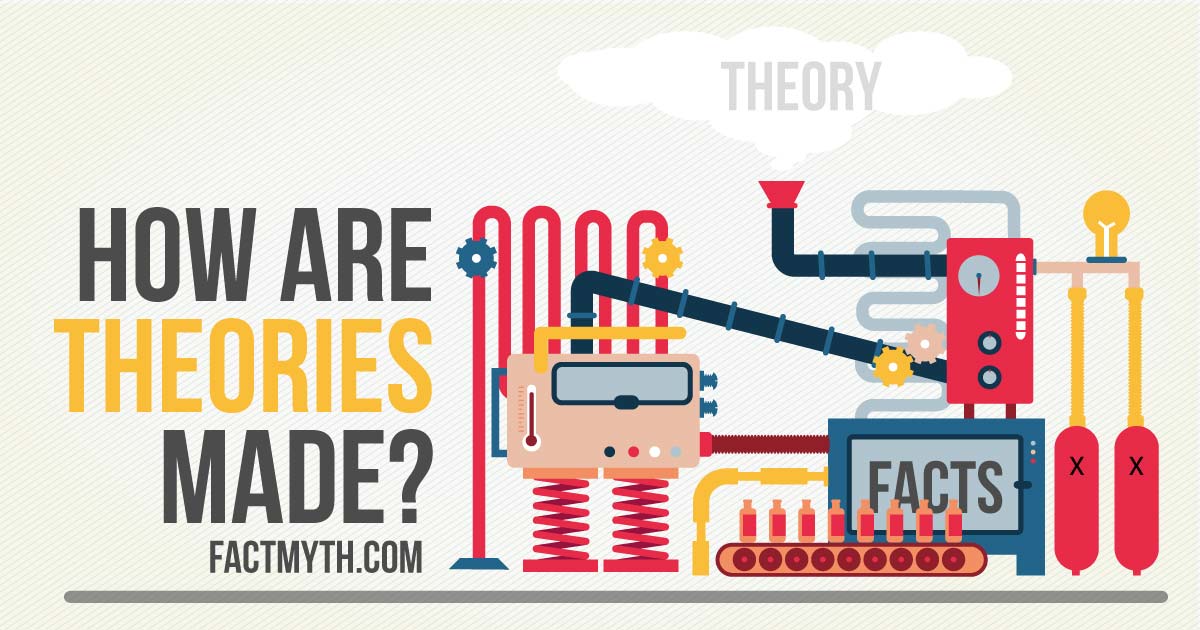
A theory can be true or not true, all we know about a scientific theory is that it has predictive power and hasn’t been proven wrong by experiment yet.
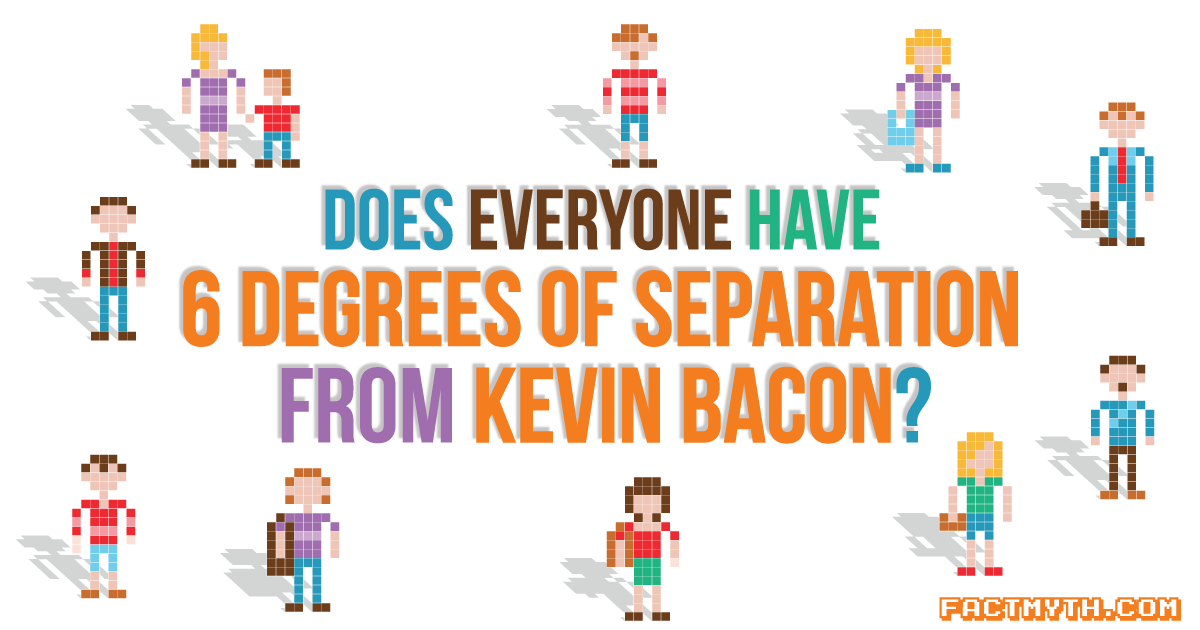
Most people have about 6 degrees of separation (small world theory), but not everyone has 6 degrees of separation from Kevin Bacon or any other given person.

Multiple discovery is the hypothesis that many discoveries and inventions are made independently, and more or less simultaneously, by multiple people.
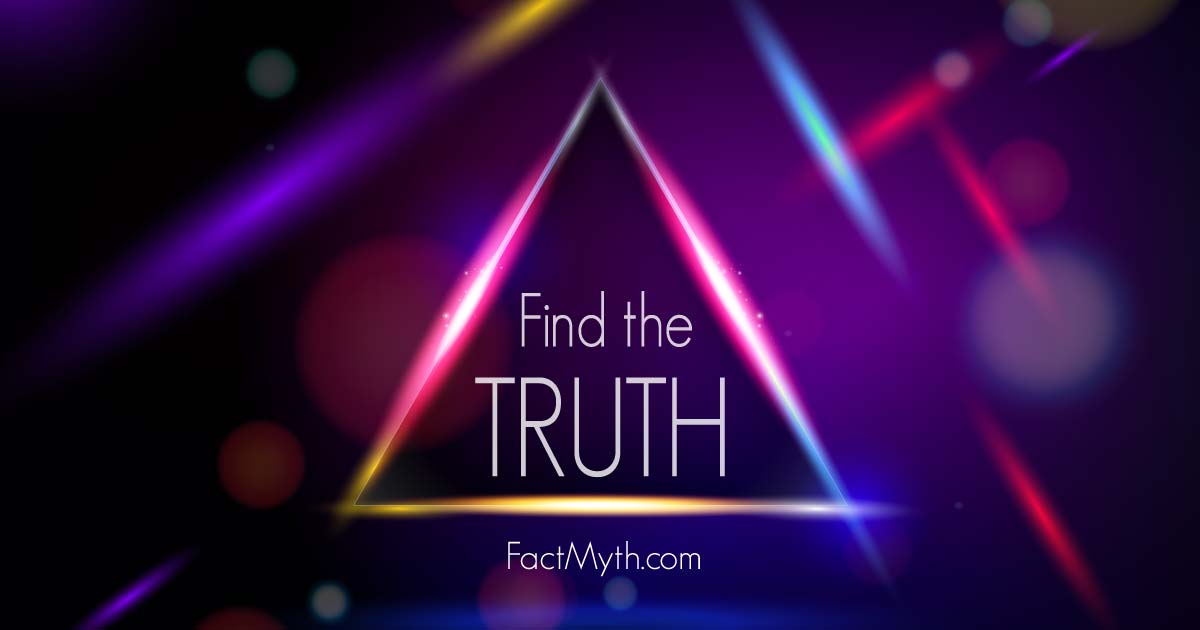
A Factoid is a brief piece of information that appears to be true, but isn’t necessarily factual or verified, yet is repeated as fact anyway.